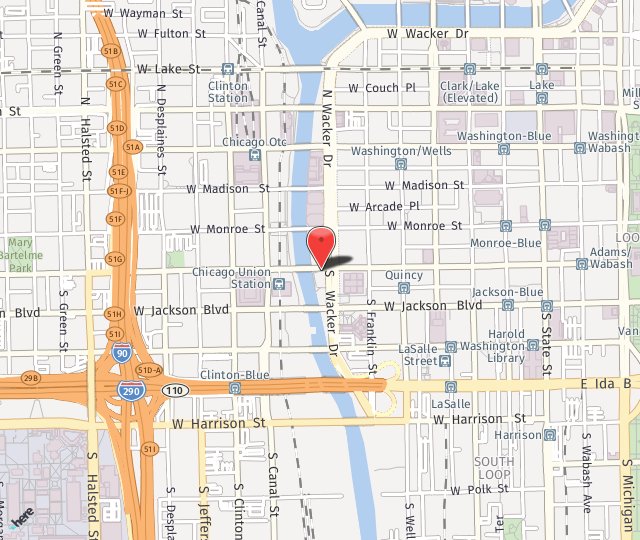On October 20th, the FTC and UDSA will host a joint-agency roundtable to discuss “consumer perceptions of ‘organic’ claims for non-agricultural products.” According to the press release on the FTC website, “The first discussion…will focus on consumer misconceptions of organic claims in the marketplace and the conclusions and limitations of the evidence concerning those misconceptions for non-agricultural products. The second session…will discuss different potential approaches to improving organic claims to prevent deception. The third and final session…will cover broader policy approaches to address potentially deceptive claims.”
The National Organic Program (NOP) was established by the USDA to ensure quality controls and certification programs for foods and beverages claiming to be organic. According to the preamble of the NOP, “This national program will facilitate domestic and international marketing of fresh and processed food that is organically produced and assure consumers that such products meet consistent, uniform standards. This program establishes national standards for the production and handling of organically produced products, including a National List of substances approved for and prohibited from use in organic production and handling.” However, subsequent lawsuits filed by the Organic Consumers Association have shown that these standards are not as clear cut for non-agricultural products, leaving many consumers confused about what it truly means to be “organic.”
Nonagricultural products can include fish and forestry products along with nearly all other industrially produced items. Because they are not “grown” under traditional methods, labeling them as “organic” can be problematic. This roundtable, open to the public, is intended to clarify and perhaps even begin to standardize organic labeling for nonagricultural products. This step will hopefully start the process of disambiguation, making your selection of organic products much easier.
Purchasing food or other products that have been mislabeled or contain deceptive marketing terms like “all natural” can place consumers who are sensitive to certain chemicals at great risk. If you or a family member has suffered harm after consuming a product that was misleadingly labeled, you may be entitled to take legal action. Our Chicago consumer protection attorneys welcome an opportunity to meet with you free of charge, discuss your claim, and help you decide if you have cause to file suite.
To schedule your free consultation at Markoff Leinberger, please use our online contact form or call us at (888) 517-9115 today.

